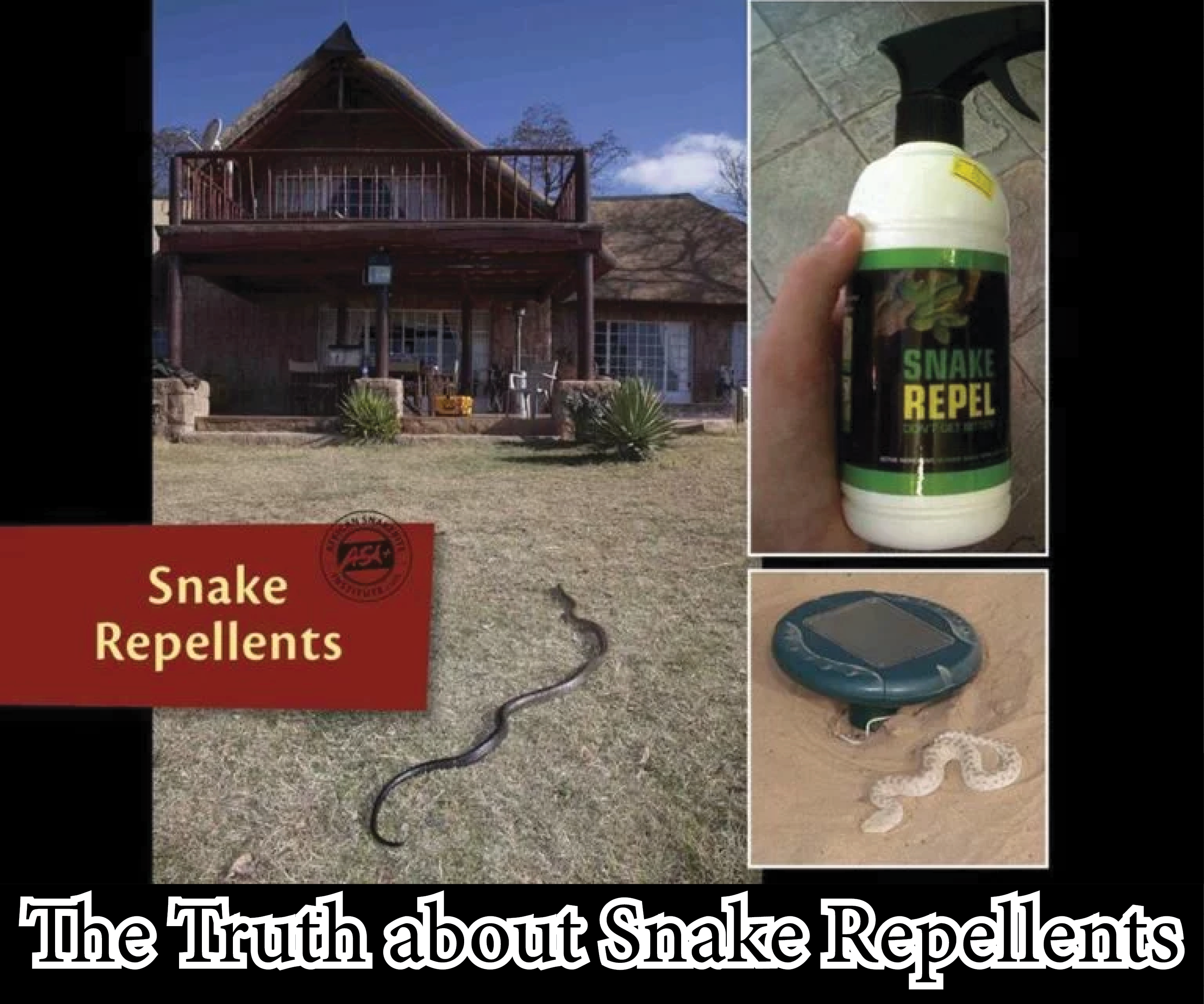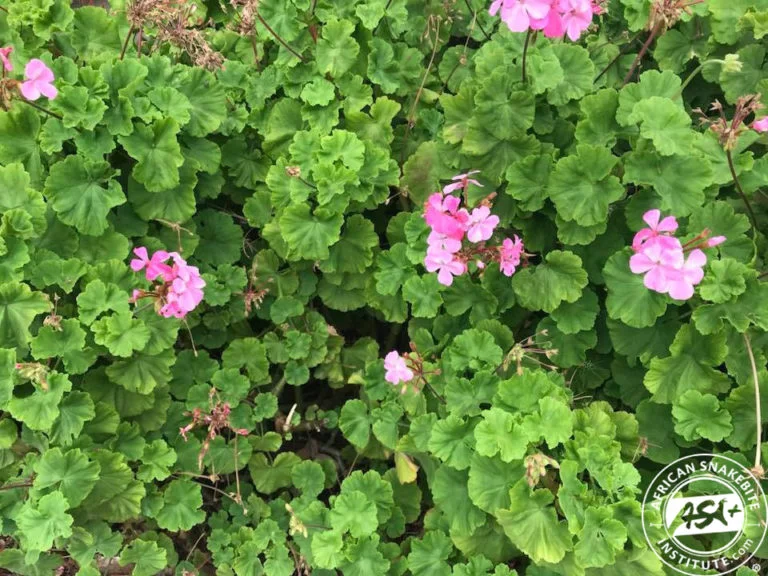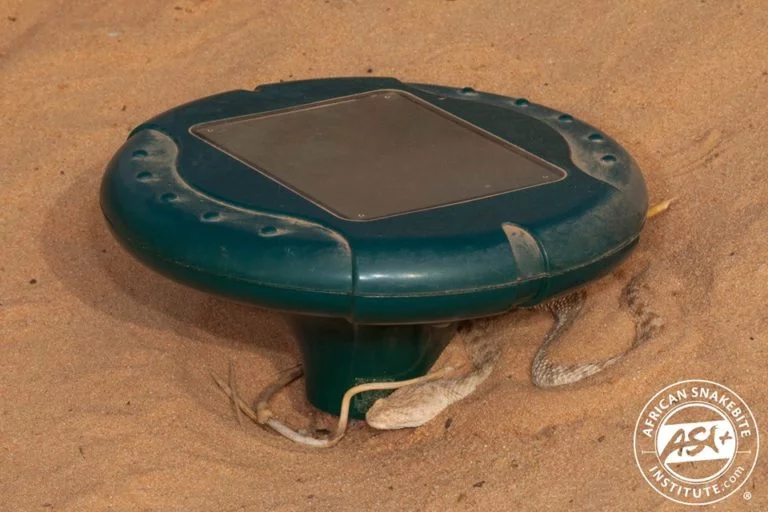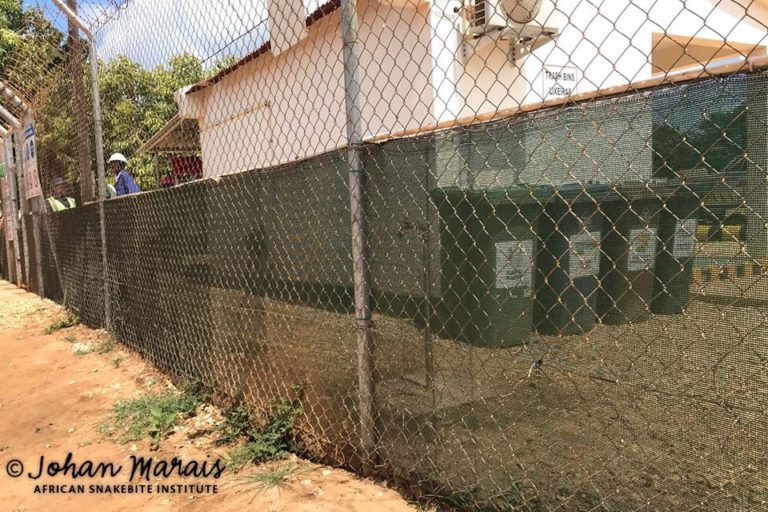The subject of snake repellents comes up very often and despite good evidence that there is nothing known that repels snakes, many people still blindly follow age-old advice.
Much has been said about snake repellents and different countries have different concoctions to keep snakes away. South Africa has more than its fair share of boererate (farmer’s remedies) and, like most myths, are passed on from generation to generation. Top of the list is Jeyes Fluid, a disinfectant developed by John Jeyes in 1877, followed by chlorine, naphthalene, old oil or diesel, commercially available snake repellent and plants including Geraniums, wild garlic and tobacco.







